Vocabulary development Life Science Worksheets for Ages 6-9
5 filtered results
-
From - To
Explore our engaging Vocabulary Development Life Science Worksheets designed specifically for children ages 6-9. These expertly crafted resources help young learners build vocabulary related to fascinating life science concepts, enabling them to communicate their understanding of the natural world. Each worksheet encourages critical thinking through fun activities, interactive exercises, and stimulating visuals that capture children's imaginations. Ideal for classroom use or at-home learning, these worksheets not only enhance language skills but also inspire a lifelong interest in science. Foster curiosity and creativity in your child's learning journey with our comprehensive collection of vocabulary development tools in life science!
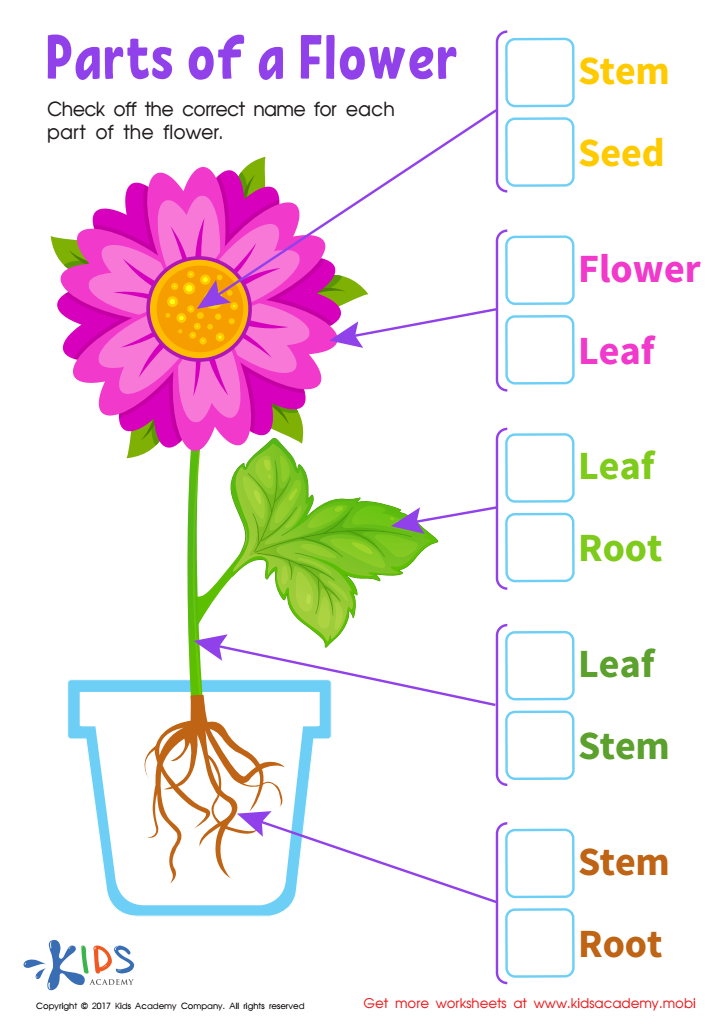

Parts Flower Printable
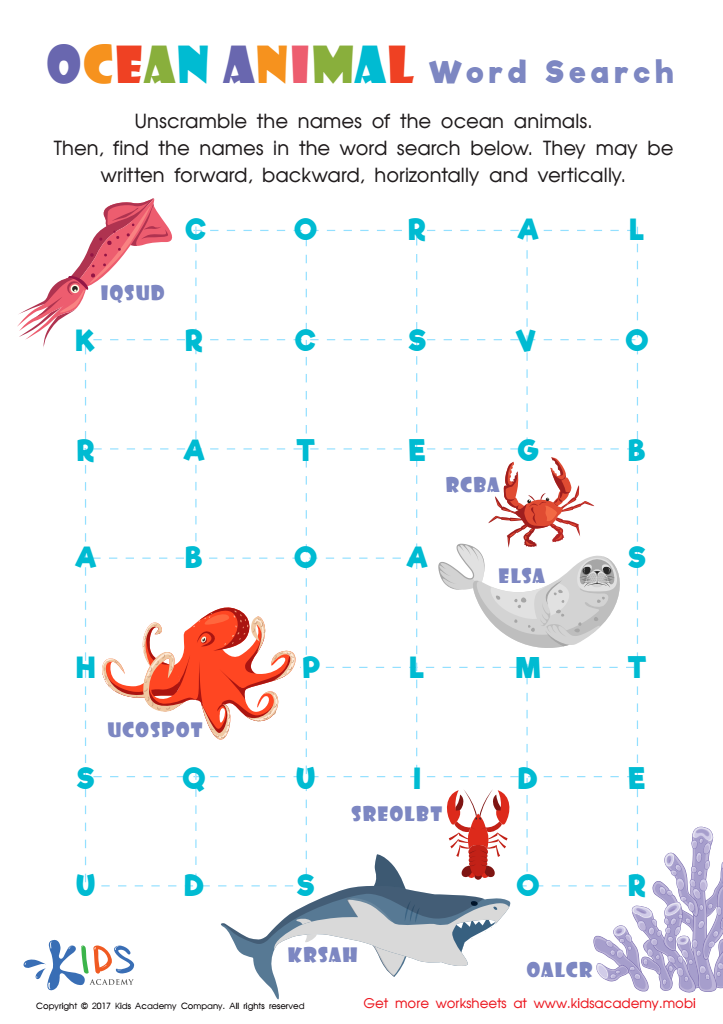

Ocean Animals Word Search Printable
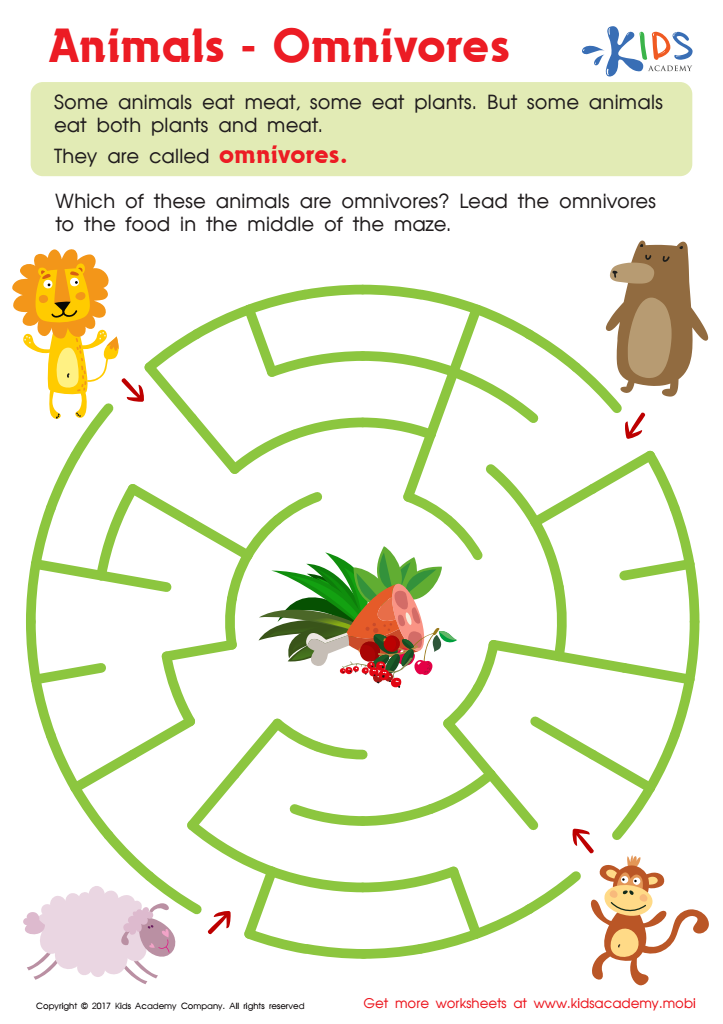

Omnivores Animals Worksheet
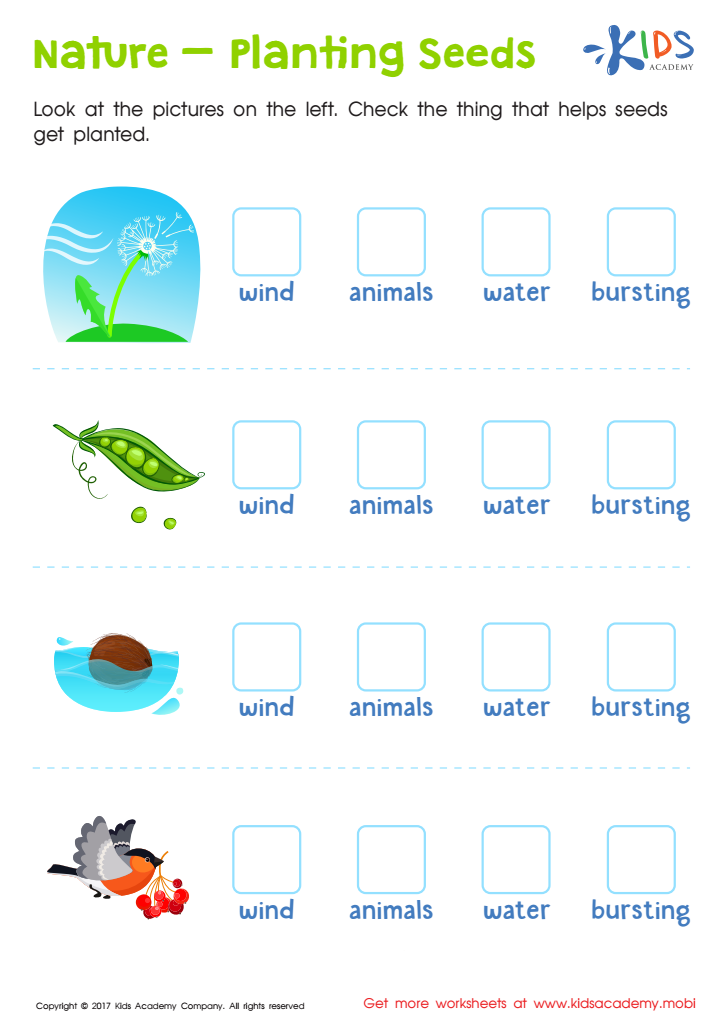

Nature Planting Seeds Worksheet
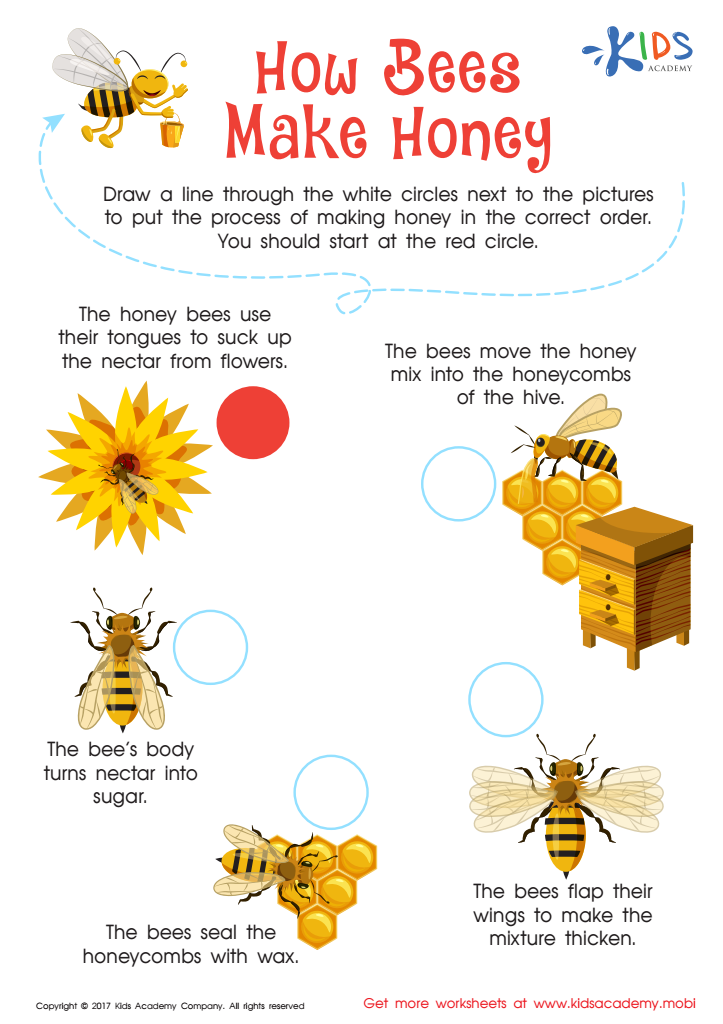

Honey Bee Worksheet
Vocabulary development in life science for ages 6-9 is essential as it lays the foundation for children’s understanding of the natural world. At this critical stage in their cognitive development, children are naturally curious and eager to explore concepts related to living organisms, ecosystems, and biological processes. By ensuring that they acquire an appropriate vocabulary, parents and teachers can enhance their comprehension and promote critical thinking skills.
A solid grasp of life science vocabulary allows children to accurately describe their observations and express their ideas, enabling more effective communication. This facilitates engaging discussions that can deepen their understanding and pique their interest in scientific topics. Moreover, vocabulary development at this age supports literacy skills; as children encounter scientific terms in reading materials, their reading comprehension will improve, benefitting overall academic performance.
Encouraging vocabulary growth in life science fosters a sense of wonder about the environment, nurturing the next generation of scientists, conservationists, and informed citizens. By prioritizing vocabulary development, parents and teachers empower children to explore complex concepts with confidence, ultimately contributing to a well-rounded education that emphasizes inquiry, curiosity, and lifelong learning.

 Assign to My Students
Assign to My Students







.jpg)












